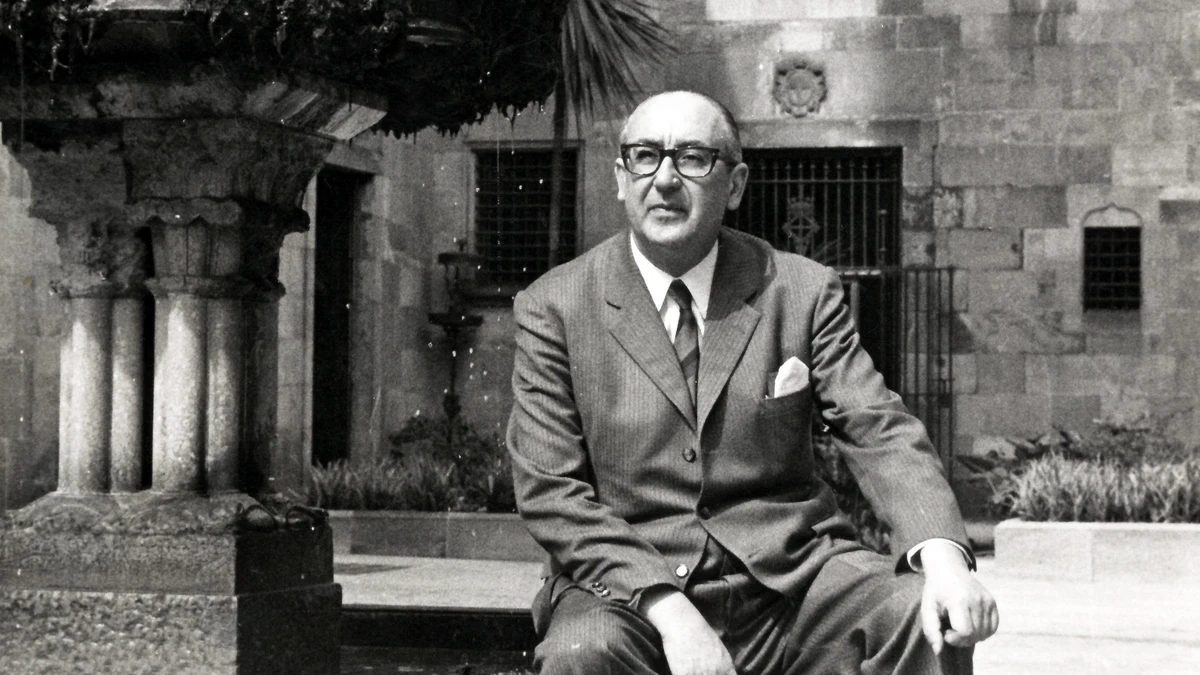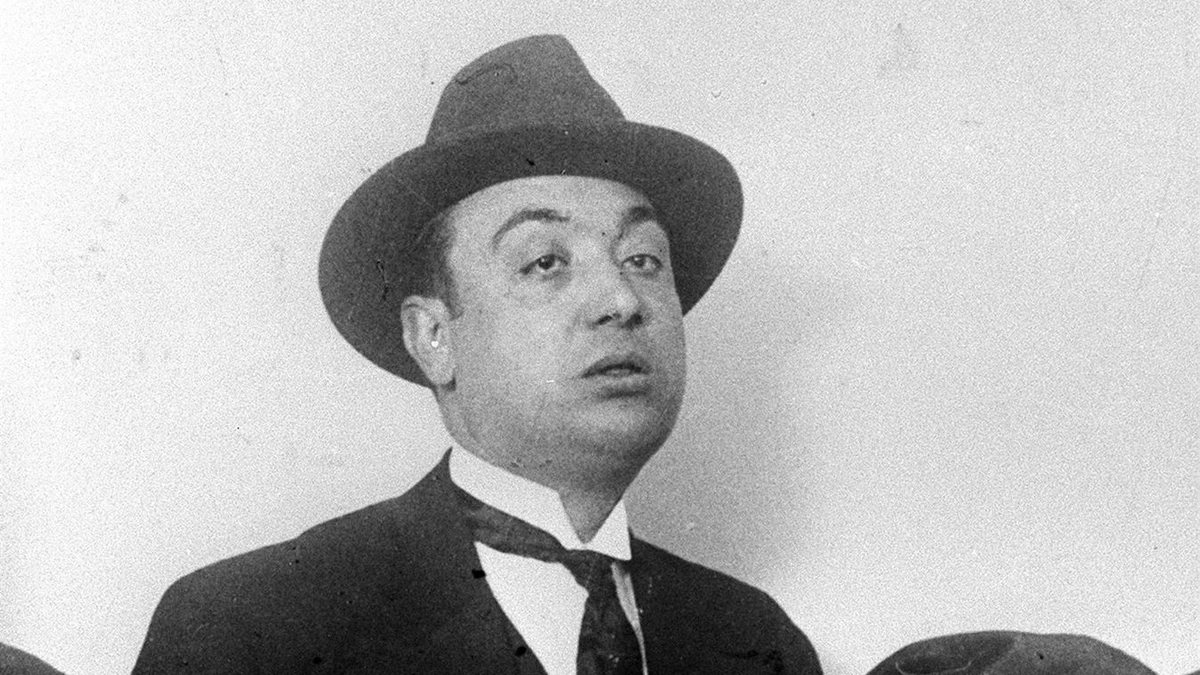Allman Brothers Band co-founder singer-guitarist Dickey Betts died on Thursday morning (April 18) at 80 following a battle with cancer and chronic obstructive pulmonary disease, according to Rolling Stone. His family also announced the death of the musician on his Instagram account.
“It is with profound sadness and heavy hearts that the Betts family announce the peaceful passing of Forrest Richard ‘Dickey’ Betts (December 12, 1943 – April 18, 2024) at the age of 80 years old. The legendary performer, songwriter, bandleader and family patriarch was at his home in Osprey, Florida, surrounded by his family. Dickey was larger than life, and his loss will be felt worldwide. At this difficult time, the family asks for prayers and respect for their privacy in the coming days. More information will be forthcoming at the appropriate time.”
An integral part of the Allman’s swampy, rambling Southern rock sound, Betts joined brothers Gregg and Duane Allman in 1969 in the group the siblings formed after splitting up their earlier band, the Allman Joys. Taking his place alongside drummers Butch Trucks, and Jaimoe and bassist Berry Oakley — Betts had played with Oakley in the band the Second Coming — Betts provided lead guitar as well as initially sharing vocals with Duane and Oakley before Gregg Allman stepped up to be the lead singer and primary songwriter.
Though he did not have a songwriting credit on the band’s 1969 self-titled debut album — which featured a mix of blues covers and Allman originals such as “Black Hearted Woman,” “It’s Not My Cross to Bear” and the furious blues guitar workout “Whipping Post” — he did land a few songwriting nods on their 1970s follow-up, Idlewild South. Along with his buoyant, album-opening acoustic jam “Revival” Betts contributed a song that would become one of the band’s signature extended jam showpieces, the explosive, jazz-influenced 7-minute workout “In Memory of Elizabeth Reed.”
In fact, on the band’s next album, the iconic 1971 live album At Fillmore East, fans who had not yet caught the group’s exploratory, expansive live show yet were treated to a nearly 13-minute version of “Reed” that showcased the jazz and Western swing influences Betts brought to the table. And, in keeping with their growing reputation as one of the most experimental, unpredictable American rock bands, that long walk was accompanied on side four by a furious, 22-minute “Whipping Post.”
As would be the case throughout the group’s half century run, drug use and tragedy struck just as things were heating up the Allmans, sending Duane and Oakley to rehab in 1971, just months before Duane, 24, was killed in a motorcycle accident; a despondent Oakley crashed his motorcycle into the side of a bus a year later and died just blocks from the site of Duane’s accident.
While 1972’s hybrid studio-live album Eat a Peach would become one of their signature releases thanks to such iconic blues covers as “One Way Out” and “Trouble No More,” Betts penned, and sang, what would be one of the Allman’s first, and only, top 10 Billboard Hot 100 single, the AM radio staple “Ramblin’ Man,” which to No. 2 on the chart.
Betts, born Forrest Richard Betts in West Palm Beach, Florida on Dec. 12, 1943, grew up listening to bluegrass and country music as a child and played in a number of rock band in his home state before being tapped to join the Allmans.
During his stint in the group he released a series of solo albums, beginning with 1974’s Highway Call, followed by 1977’s Dickey Betts & Great Southern (featuring a songwriting collab on “Bougainvillea” with actor Don Johnson) and, in 1979, Atlanta’s Burning Down, during the group’s first hiatus.
The Allmans came back in 1979 for the album Enlightened Rogues, but things went south again quickly and they called it quits once more in 1982. Betts continued to play shows and tour until 1989, when the group once again reformed with a new slide guitarist from Betts’ band, Warren Haynes. Three more Allman albums were released in the early 1990s, though Betts was not always on stage with the group when they toured later in the decade and he played his final show with the band in May 2000 at the Music Midtown Festival in Atlanta, after which he was fired for what the band dubbed “creative differences.”
The guitarist filed suit against his former bandmates and never performed with them again, though he continued to tour with his own band for several years. Betts suffered a stroke in August 2018.
See the Betts family statement and listen to some of Betts’ signature work below.





